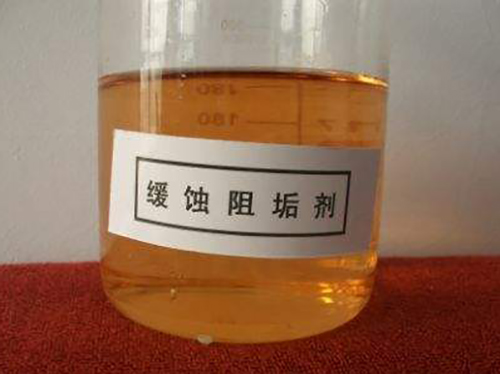Exploring the Role of Flocculation in Enhancing Water Purification Efficiency and Effectiveness
Flocculation in Water Purification A Vital Process for Clean Drinking Water
Water is an essential resource for life, and its purification is critical for human health and environmental sustainability. Among the various methods of water treatment, flocculation stands out as a crucial process in the purification of water. Flocculation refers to the aggregation of fine particles into a floc or a mass, which can then be removed from water. This process plays a significant role in reducing turbidity, removing pathogens, and filtering out harmful contaminants.
Flocculation in Water Purification A Vital Process for Clean Drinking Water
The efficiency of flocculation in water purification is influenced by several factors, including the type and dosage of coagulant used, the pH level of the water, and the mixing conditions. For optimal results, operators must carefully monitor and adjust these variables. The effectiveness of flocculation can be measured using the percentage of flocculation, which indicates how many suspended particles have been removed from the water through this process.
flocculation in water purification

The percentage of flocculation is not just a technical metric; it has significant implications for public health. Contaminated water can harbor microorganisms, heavy metals, and other pollutants that pose serious health risks. By effectively implementing flocculation, water treatment facilities can significantly lower the levels of these harmful substances, making water safer for consumption. Research has shown that proper flocculation can lead to reductions in pathogen levels, including bacteria and viruses, thereby reducing the potential for water-borne diseases.
Moreover, the benefits of flocculation extend beyond health implications; it also has economic and environmental advantages. Flocculation facilitates the removal of organic matter and nutrients, which can help prevent the eutrophication of water bodies. By reducing the amount of organic material in treated water, flocculation contributes to the overall quality of ecosystems. This is particularly important in maintaining biodiversity and ensuring the sustainability of water resources.
However, while flocculation is an effective method for water purification, it is not without challenges. The choice of coagulants can lead to the production of sludge that needs to be managed properly. Additionally, some coagulants can introduce secondary pollutants into the water. Therefore, ongoing research is focused on finding more sustainable and eco-friendly alternatives for flocculation.
In conclusion, flocculation is a fundamental process in the field of water purification. Its ability to remove suspended particles and pathogens makes it indispensable for providing clean drinking water. As we face increasing challenges related to water quality and availability, enhanced understanding and optimization of flocculation methods will be essential. By investing in research and development within this area, communities can ensure access to safe drinking water, thus protecting public health and the environment for future generations. Flocculation, while often overlooked, is a keystone in the architecture of water treatment processes, underpinning our collective efforts towards a healthier and more sustainable world.
-
The Power of Isothiazolinones in Modern ApplicationsNewsMay.08,2025
-
Flocculants in Water TreatmentNewsMay.08,2025
-
Flocculants and Chemical Solutions: What You Need to KnowNewsMay.08,2025
-
Flocculants and Chemical Solutions: A Growing IndustryNewsMay.08,2025
-
Essential Chemicals: Polymaleic Anhydride and MoreNewsMay.08,2025
-
Acrylic Polymers: Essential Solutions for IndustryNewsMay.08,2025





